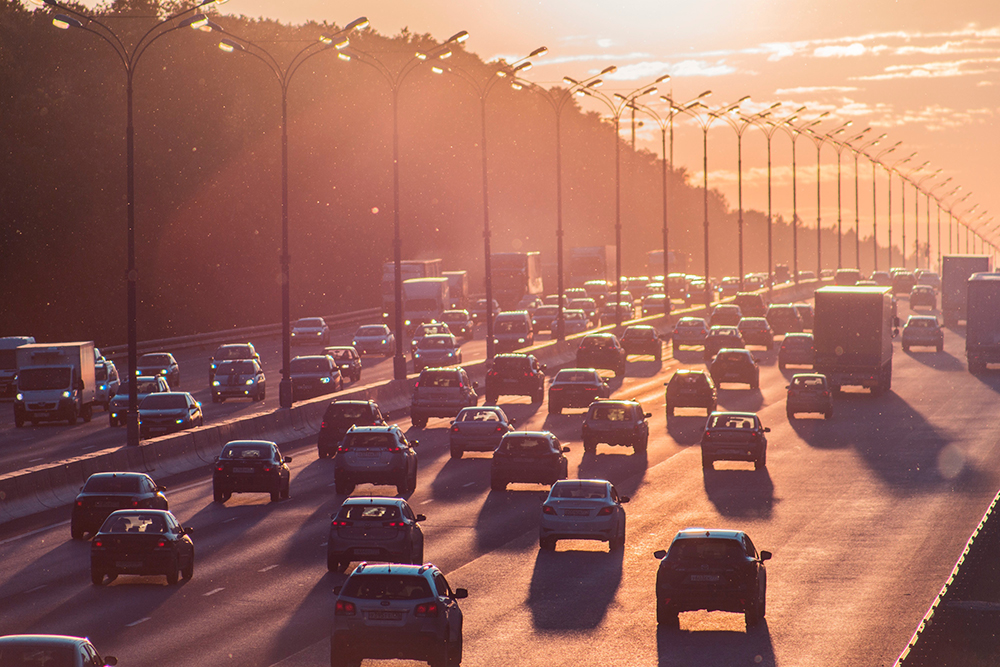The MV Wakashio ran aground on a coral reef on 25 July, and has leaked oil into the ocean.
Image copyright Jean Mary GarrettImage caption
The oil spill has caused an environmental disaster in Mauritius
The authorities hope to finish pumping out the remaining oil from the ship that has caused a huge oil spill off the coast of Mauritius on Wednesday.
The aim is to transfer the fuel oil to land before the Japanese-owned MV Wakashio breaks up.
The ship, believed to have been carrying 4,000 tonnes of fuel oil, ran aground on a coral reef on 25 July.
Mauritius is home to world-renowned coral reefs, and tourism is a crucial part of its economy.
Fuel has been transferred to shore by helicopter and to another ship owned by the same Japanese firm, Nagashiki Shipping.
France has sent a military aircraft with pollution control equipment from its nearby island of Réunion, while Japan has sent a six-member team to assist the French efforts.
The Mauritius coast guard and several police units are also at the site in the south-east of the island.
What are the authorities saying?
Police chief Khemraj Servansing told the media that cracks in the ship “keep increasing”.
“It is difficult to say when it will break but we have a boom deployment plan with the French Navy helping and we have made provisions for high sea booms,” he said.
Media captionMore than 1,000 tonnes of oil has leaked into waters near Mauritius
It was “very likely” that the pumping operation would be concluded on Wednesday, Mr Servansing added.
“I can say that a large amount of oil has been pumped and 700 tonnes are still on board,” the police chief said.
The MV Wakashio ran aground at Pointe d’Esny, a known sanctuary for rare wildlife. The area also contains wetlands designated as a site of international importance by the Ramsar convention on wetlands.
How bad is the spillage?
On Friday, Mauritian Prime Minister Pravind Jugnauth declared a state of emergency and appealed for international help.
Since then volunteers have also been collecting straw from fields and filling sacks to make barriers against the oil.
Others have made their own tubes with tights and hair to add to the effort, and some have been cleaning up the island’s beaches.
Their actions went against an order from the government asking people to leave the clean-up to local authorities.
Greenpeace Africa has warned that “thousands” of animal species were “at risk of drowning in a sea of pollution, with dire consequences for Mauritius’ economy, food security and health”.
An oceanographer and environmental engineer in Mauritius, Vassen Kauppaymuthoo, told the BBC that local residents were now “breathing heavy vapours of oil”, and there was a “mixture of sadness and anger” over the spill.
Image copyrightAFPImage caption
Volunteers are trying to limit the damage
It has also led to political recriminations in Mauritius, the BBC’s Yasine Mohabuth reports from the Indian Ocean island.
The opposition is demanding answers from the government on the oil spill, while community activists have called for the resignation of senior ministers, including the Minister of Environment Kavy Ramano.
Akihiko Ono, the executive vice-president of the ship’s operator, Mitsui OSK Lines, has “profusely” apologised for the spill and for “the great trouble we have caused”.
He has vowed that the company would do “everything in their power to resolve the issue”.
Police in Mauritius say they have been granted a search warrant, allowing them to board the vessel take away items of interest such as the ship’s log book in order to help with an investigation. The ship’s captain will assist officers with their search.

